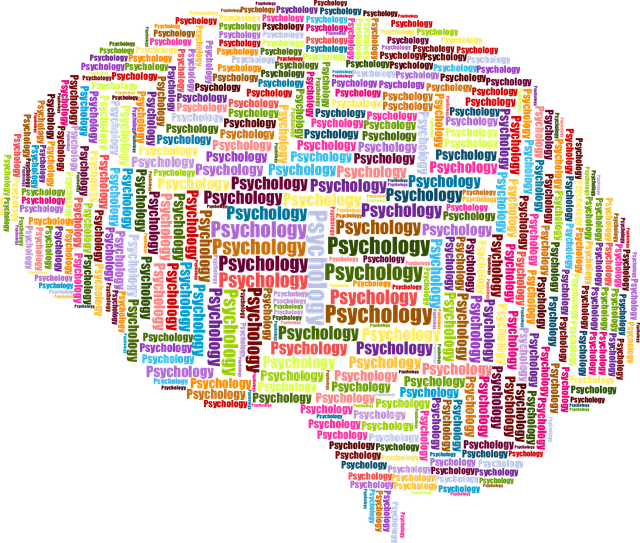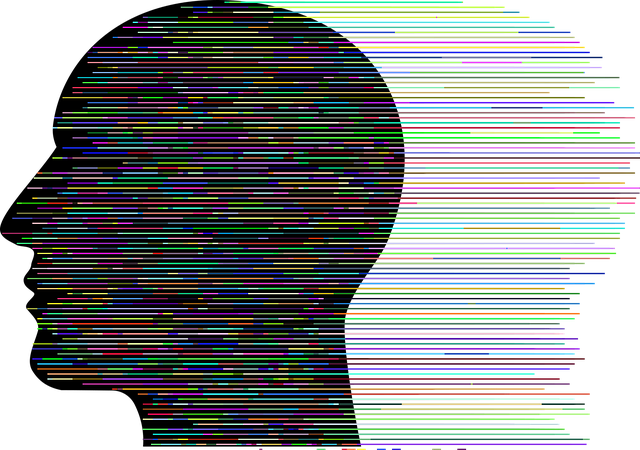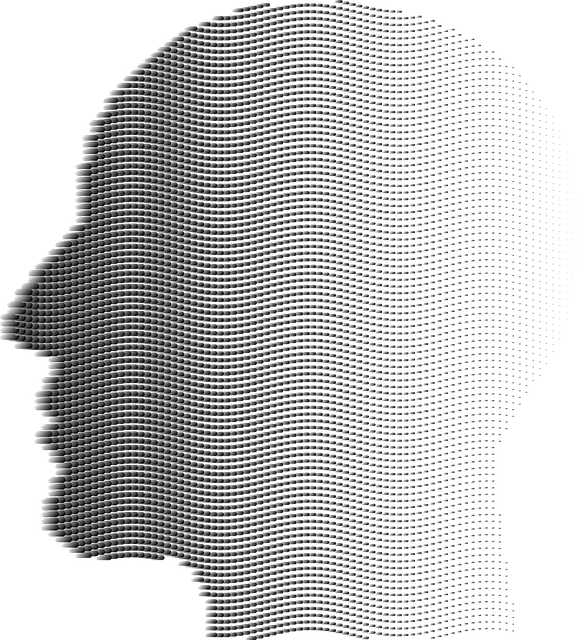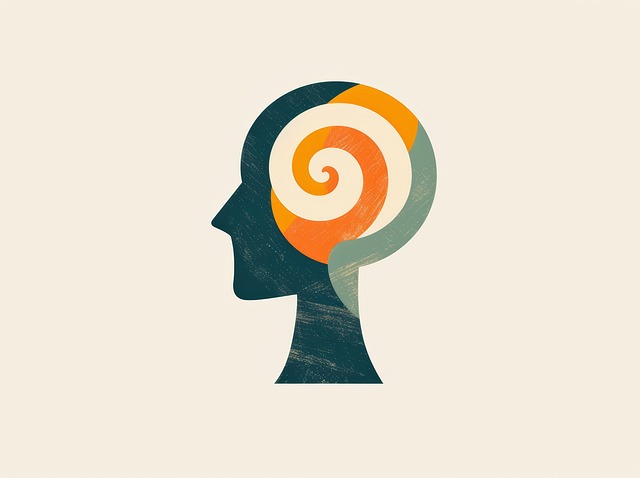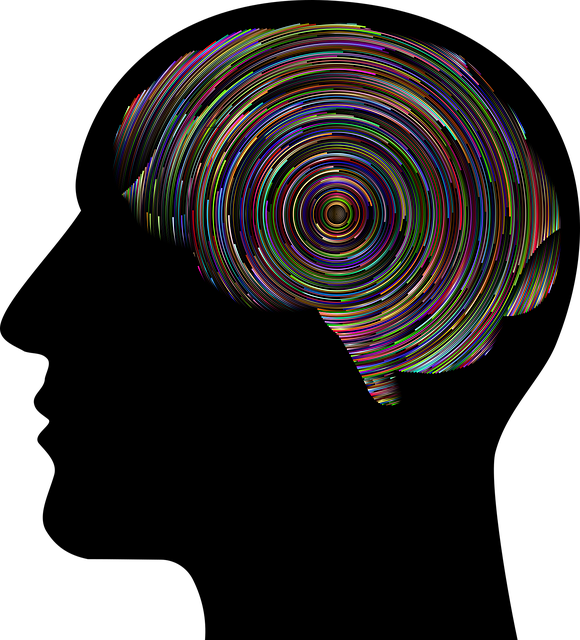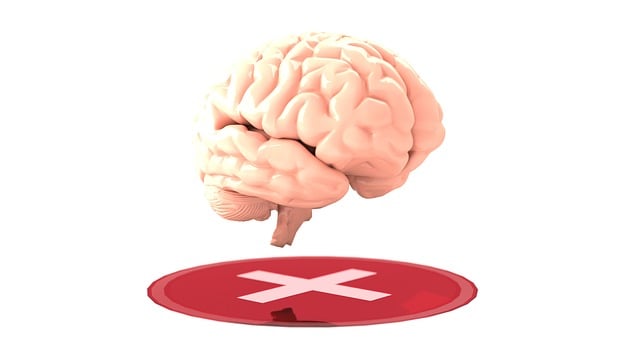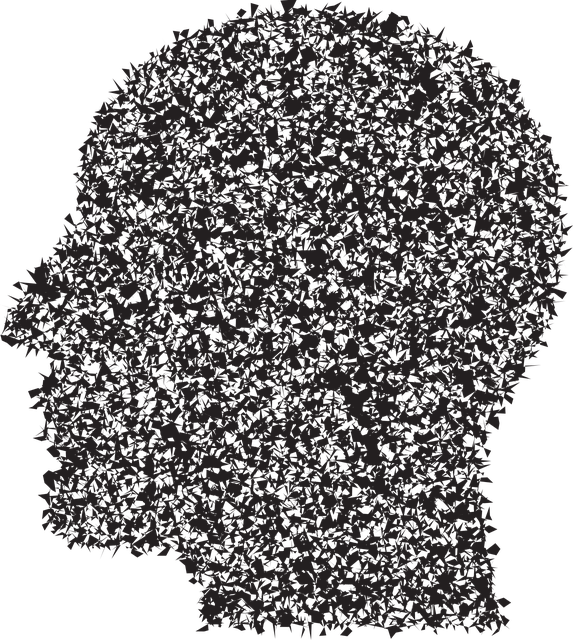Centennial Cognitive Processing Therapy (CCPT) is a revolutionary approach to diagnosing and treating mental health conditions, particularly anxiety and burnout. This evidence-based therapy focuses on cognitive restructuring, improving information processing, and promoting positive thinking. By addressing underlying thought patterns, CCPT enhances diagnosis accuracy and provides individuals with effective coping strategies for better emotional regulation. Integrated into healthcare practices, it has shown promising results in improving patient outcomes and mental health awareness, alongside other advanced tools like Mental Wellness Journaling Exercises and comprehensive Mental Health Education Programs.
Mental illness diagnosis accuracy is a critical aspect of patient care, yet remains challenging due to complex symptoms and individual variations. This article explores efforts to enhance diagnostic precision, focusing on innovative approaches such as Centennial Cognitive Processing Therapy (CCPT). We delve into the benefits of advanced assessment tools, patient-centric collaboration, and ongoing research dedicated to improving accuracy. By integrating these strategies, mental health professionals strive to provide more effective treatment plans for improved patient outcomes.
- Understanding the Challenges of Mental Illness Diagnosis
- The Role of Centennial Cognitive Processing Therapy (CCPT)
- Enhancing Assessment Tools and Techniques
- Integrating Patient Feedback and Collaboration
- Ongoing Research and Training for Better Accuracy
Understanding the Challenges of Mental Illness Diagnosis

Diagnosing mental illnesses accurately can be a complex task due to the multifaceted nature of human cognition and behavior. Each individual’s experience with mental health issues is unique, often presenting a challenge for healthcare professionals. The complexity increases when considering that many mental disorders share similar symptoms, making differentiation difficult. For instance, anxiety and depression may exhibit overlapping signs, hindering precise diagnosis without thorough evaluation and understanding of the patient’s cognitive processes.
Centennial Cognitive Processing Therapy (CCPT) offers a promising approach to address these challenges. By focusing on cognitive restructuring and improving information processing skills, CCPT aids individuals in managing their symptoms effectively. Additionally, promoting positive thinking and teaching conflict resolution techniques can alleviate mental health concerns related to burnout prevention. These strategies not only enhance the accuracy of diagnosis but also empower individuals to take control of their mental well-being.
The Role of Centennial Cognitive Processing Therapy (CCPT)

Centennial Cognitive Processing Therapy (CCPT) is a revolutionary approach that aims to enhance mental illness diagnosis accuracy and improve patient outcomes. This therapy focuses on identifying and modifying unhelpful cognitive patterns, which play a significant role in various mental health disorders, including anxiety and burnout—prevalent issues among healthcare providers. By utilizing CCPT, therapists can guide individuals to challenge negative thoughts and beliefs, thereby fostering better emotional regulation and enhancing overall mental wellness.
The therapy’s effectiveness lies in its ability to not only provide Anxiety Relief but also equip clients with coping strategies for long-term mental health management. Through structured sessions, CCPT encourages self-reflection and promotes a deeper understanding of one’s thought processes, enabling individuals to navigate life’s challenges more adaptively. This evidence-based approach has shown promising results in improving diagnosis accuracy, especially when integrated into Burnout Prevention Strategies for Healthcare Providers, ensuring better care and outcomes for both patients and practitioners.
Enhancing Assessment Tools and Techniques

Mental health professionals are constantly striving to improve diagnosis accuracy, and one significant approach is by enhancing assessment tools and techniques. The field has witnessed a shift towards more comprehensive methods that go beyond traditional symptom checklists. For instance, Centennial Cognitive Processing Therapy (CCPT) offers a unique perspective by integrating cognitive and behavioral strategies. This therapy delves into an individual’s thought processes and patterns, helping to uncover underlying beliefs and distortions that contribute to mental illness. By addressing these cognitive issues, CCPT can lead to more precise diagnoses and tailored treatments.
Additionally, incorporating Mind Over Matter principles in assessment routines empowers individuals to take ownership of their mental well-being. Mental Health Education Programs Design that focus on self-awareness exercises can enable people to recognize early warning signs and seek help proactively. These programs, when combined with advanced assessment tools, contribute to a more holistic understanding of mental illness, ensuring accurate diagnoses and effective treatment strategies.
Integrating Patient Feedback and Collaboration

In the pursuit of enhancing mental illness diagnosis accuracy, integrating patient feedback and collaboration emerges as a game-changer. By actively involving individuals in their own treatment journeys, healthcare professionals can gain valuable insights into their unique experiences, thought processes, and emotional responses. This collaborative approach, often fostered through therapeutic practices like Centennial Cognitive Processing Therapy (CCPT), not only boosts confidence but also deepens the understanding of complex mental health conditions.
When patients are empowered to share their perspectives, it enriches the diagnostic process, ensuring that symptoms and challenges are accurately interpreted within the context of their lives. This patient-centered care facilitates more precise evaluations, aligning with the broader goal of advancing Mental Health Awareness and promoting efficient emotional healing processes.
Ongoing Research and Training for Better Accuracy

The pursuit of enhancing mental illness diagnosis accuracy has led to ongoing research and training initiatives that are reshaping the landscape of healthcare. One promising avenue is Centennial Cognitive Processing Therapy (CCPT), which focuses on understanding and modifying underlying cognitive patterns associated with various mental health conditions. This therapeutic approach leverages advanced techniques and knowledge derived from extensive studies, enabling professionals to navigate the intricate nuances of human cognition more effectively.
Additionally, integrating Mental Wellness Journaling Exercise Guidance into diagnostic practices has shown potential in improving accuracy and patient outcomes. By encouraging self-reflection and detailed documentation, healthcare providers gain valuable insights into individuals’ mental states. Similarly, designing comprehensive Mental Health Education Programs for medical professionals can mitigate burnout prevention strategies, ensuring practitioners stay updated with the latest research and methods. These combined efforts contribute to a more holistic and precise approach in diagnosing and managing mental illnesses.
Mental illness diagnosis accuracy has seen significant advancements through integrated efforts like Centennial Cognitive Processing Therapy, enhanced assessment tools, patient feedback collaboration, and continuous research. By combining these strategies, healthcare professionals are better equipped to understand the complexities of mental health, leading to more precise diagnoses and effective treatment plans. This comprehensive approach ensures that individuals receiving care benefit from up-to-date methods, ultimately improving their paths to recovery.
